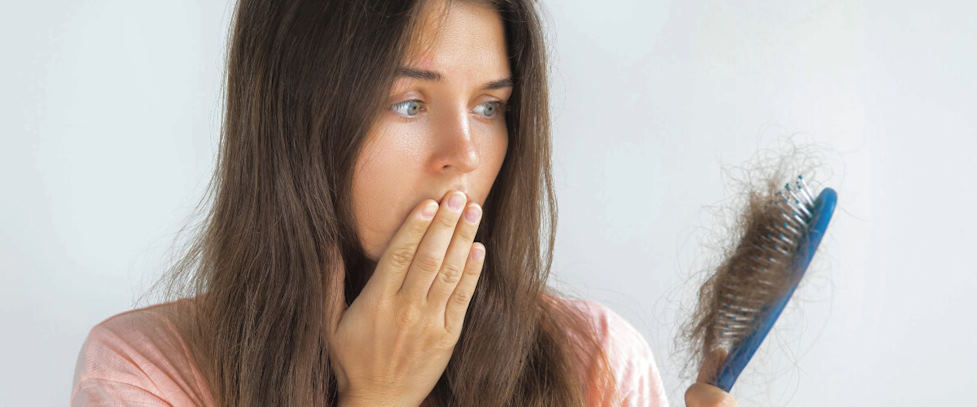Here we speak about a worry that has bothered people for a long time. We all want to have thick and healthy hair, and the thought of it thinning or falling out can make us anxious. However, nowadays, there are a lot of ways that can help us to prevent and solve this problem.
Why do people suffer from hair loss?
Hair loss can occur due to various factors such as genetics, hormonal changes, medical conditions, medications, stress, nutritional deficiencies, hairstyling practices, aging, and poor hair care. Identifying the specific cause is crucial for effective prevention or treatment.
How can I prevent hair loss?
Healthy Diet
A balanced diet is vital for healthy hair. Ensure you’re getting enough protein, as hair primarily comprises protein. Incorporate foods rich in vitamins, especially B vitamins like biotin and folate, and minerals such as iron and zinc. Omega-3 fatty acids found in fish can also promote hair health.
Gentle Hair Care
Avoid harsh practices that can damage your hair. It includes limiting heated styling tools, such as straighteners and curling irons. When using them, apply a heat protectant spray to minimize damage. Also, be gentle while brushing or combing your hair, especially when wet, as wet hair is more vulnerable to breakage.

Stress Management
High stress levels can contribute to hair loss. Engage in stress-reduction activities like yoga, meditation, or deep breathing exercises. Adequate sleep and regular exercise can also help manage stress.
Scalp Care
A clean and well-moisturized scalp provides a healthy environment for hair growth. Use a mild, sulfate-free shampoo suitable for your hair type. Avoid washing your hair with hot water, as it can strip away natural oils and lead to dryness.
Avoid Tight Hairstyles
Hairstyles that pull on the hair follicles, like tight ponytails or braids, can cause hair breakage and even lead to traction alopecia. Opt for looser hairstyles to reduce stress on your hair.
Hair Supplements
Consult a healthcare professional before taking any supplements. Biotin, iron, and other vitamins and minerals may be recommended and useful based on your specific nutritional needs.
Remember that the effectiveness of prevention methods can vary based on the underlying cause of your hair loss. Consulting with a healthcare professional or dermatologist is essential for a personalized approach to preventing hair loss.




